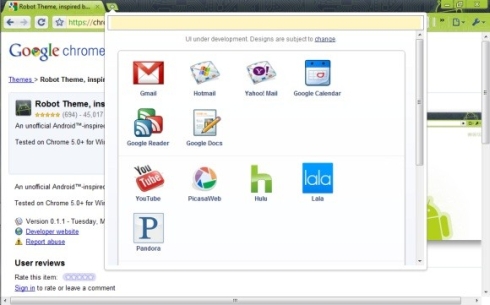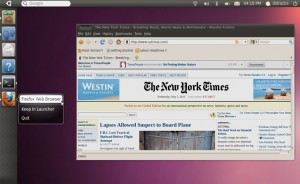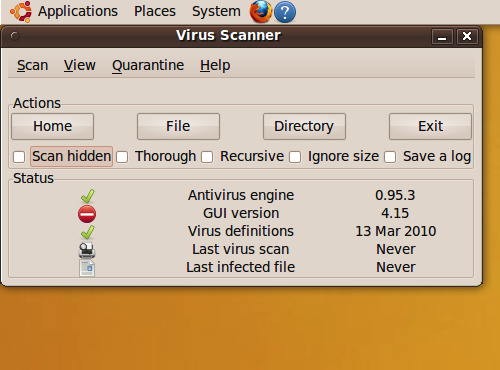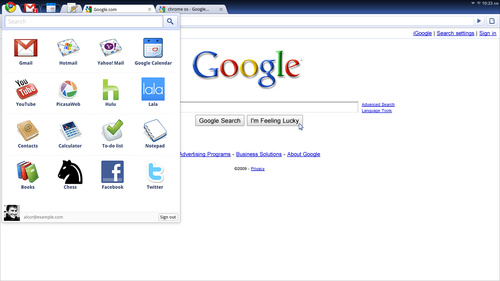Originally posted on March 25, 2010 @ 9:05 am

One of the things I absolutely loved about using Jolicloud on my Asus Eee PC is the App Launcher. On the latest version of Jolicloud, the app launcher runs on Google Chrome, thus eliminating the need for Mozilla Prism.
I originally scoffed at Google Chrome OS when it first came out. Well, there was plenty to scoff at then, actually. I didn’t like the fact that it was just a browser and nothing else. Yeah, I know Chrome OS is made as a cloud operating system, but back then, it felt too… bare. It was just a browser, and nothing more. [Read more…]



